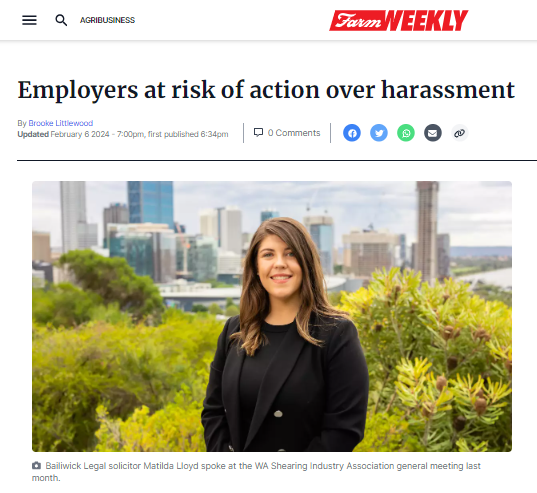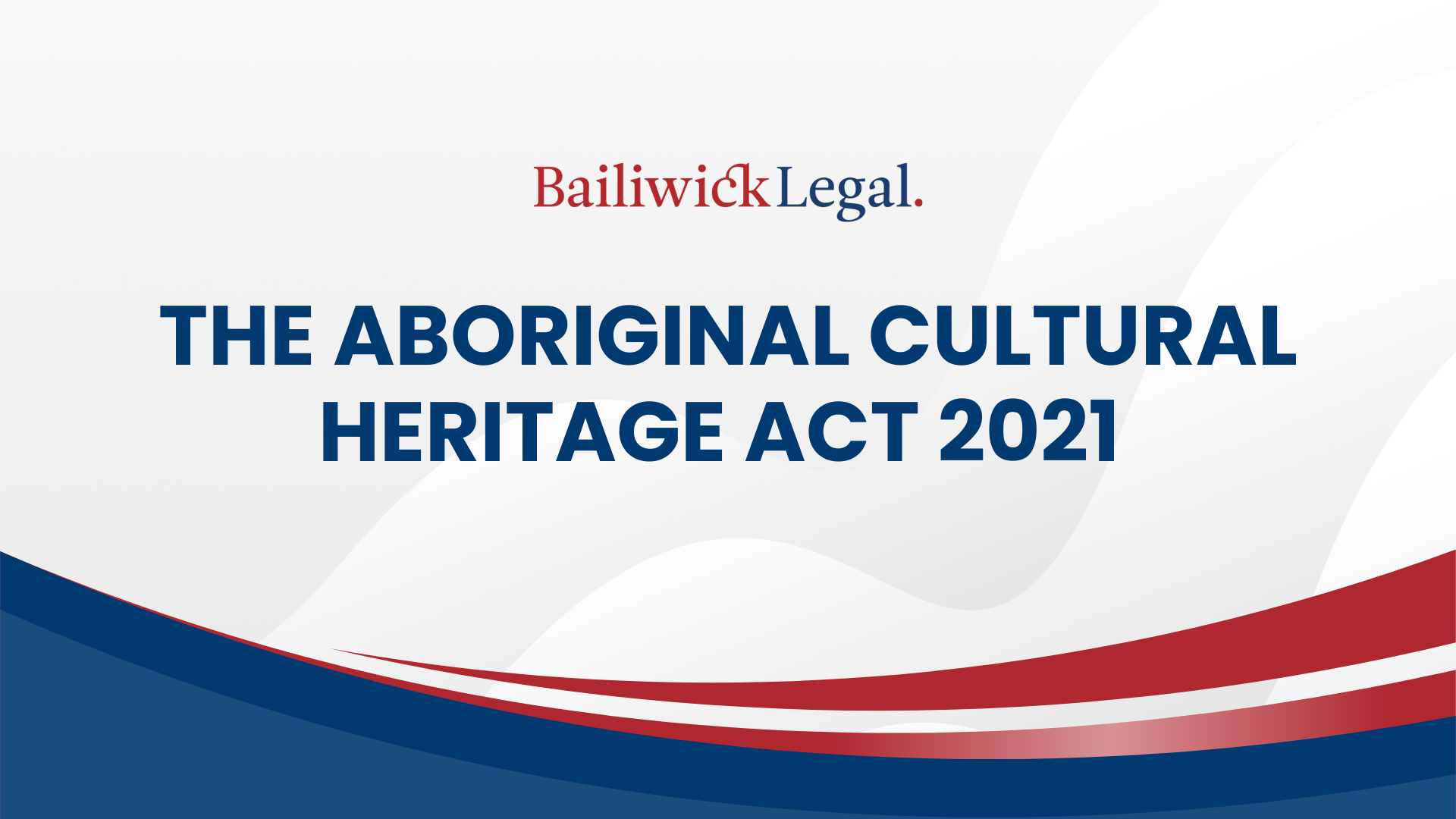Is a social media policy necessary for your business?
This is a subtitle for your new post
Regardless of who you are or the size of your business, the widespread and exponential use of social media in the last few years means that social media has significant potential to affect you and your customers. The business world is rife with stories where a company’s reputation has been adversely affected by a single inappropriate post on social media linked to the company.
Is a Social Media Policy Necessary?
Like most other policies and procedures found in the workplace, some of the benefits to having a social media policy in place include:
- Letting employees know what is expected of them;
- Maintaining a common standard throughout the business where employees are treated equally;
- Assistance with decision making; and
- Providing guidance for dealing with complaints and disputes when they arise.
There has been an increasing number of disputes between employers and employees in relation to an employee’s use of social media. In the recent case of Waters v Mt Arthur Coal, the employee made an application for unfair dismissal after his employment was terminated for posting incorrect work related information on Facebook, affecting hundreds of other employees. While the post was made outside of work hours and on his personal account, the Commission found in the employer’s favour and determined that the post was related to work matters and was in breach of an existing workplace policy.
How Does This Apply To You?
While the case above provides that it is possible to terminate an employee due to social media conduct, factors employers need to consider before doing so include, but are not limited to:
- whether or not any damage or conflict occurred within or to the workplace;
- if the conduct damages the employer’s interest or working relationships;
- the employee’s past performance;
- the impact social media posts have on the employer’s business;
- whether or not the employee was aware of the social media policy; and
- the accessibility of the social media policy.
While a breach of a known workplace policy would give an employer much stronger reason to consider termination, the employer should still provide procedural fairness within any investigation and subsequent disciplinary action, including termination. In the case of Singh v Aerocare Flight Support Pty Ltd, the employee was found to have been wrongfully dismissed after his offensive comments on Facebook were found to have been sarcastic in nature but the employer had failed to properly research the matter before dismissing Mr Singh.
Things to Consider
Workplace policies and procedures will likely vary between businesses and industries, for example an office environment will likely have different, and generally less onerous, safety procedures than you would consider for other more high risk environments such as a mining or construction sites.
The following are some things to consider when reviewing or creating a workplace policy:
- Clarity – policies should be in language that is easy to understand, explain what you expect from your employees and the consequences of acting in breach of the policy.
- Awareness – all employees should know you have these policies and where to find them. When bringing onboard new employees ensure that you have provided them with access and copies, and it is best practice to require acknowledgement from new employees that they have read and understood the policy.
- Training – provide training to employees on all key policies, different levels of employees may require training on different policies, for example a manager may require training on managing a complaint, however all staff may require training in relation to general health and safety risk and issues.
- Review (and Update )– keep policies up to date with changes in your business, relevant laws, accepted practice in your industry and with other policies and procedures in your business with regular reviews and updates.
When it comes to workplace policies you must ensure that they are reasonable and purposeful, and therefore don’t do more harm than good to the culture and moral in your business, and that they are not contrary to any legislated requirement, including the Fair Work Act.
Where Next With Your Social Media Policy
Not all social media polices are created equal.
As mentioned above, the type of social media policies and its contents will differ from business to business. Using a standard template form for a social medial policy will rarely be as effective as engaging a professional to draft or review your policy. Your social media policy has to reflect the nature of your business, including its employees, marketing strategies and client engagement strategies amongst other things.
If you would like assistance generally in employment matters, please contact us on (08) 9321 5451. For further information about our legal services, please visit our website: https://www.bailiwicklegal.com.au/
The above information is a summary and overview of the matters discussed. This publication does not constitute legal advice and you should seek legal or other professional advice before acting or relying on any of the content.



Working with you, working for you
Bailiwick Legal | Disclaimer | Privacy Policy.










